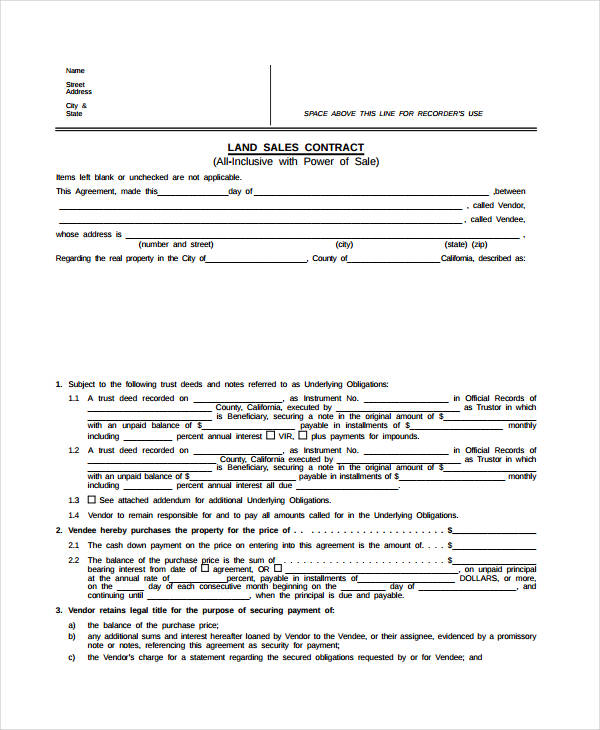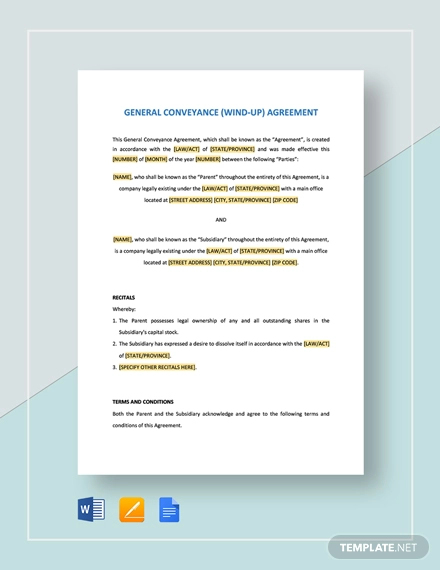


Property transfers or transfers where businesses and the public interact are also private deeds.Ī deed of trust is a secured legal document relating to the purchase of property or real estate that some states use instead of a mortgage agreement. Private deeds are due to private transactions and are the most common.Official deeds are brought about because of legal or court mandates.

Deeds by TypeĪside from the individual types of deeds of which there are four, the actions that bring about the need for the deed can be broadly categorized as official and private. Standing out as more than just a signature, it also features the conditions to which the property will be transferred and is accompanied with taxes that are paid to the clerk upon registering at a Local Registry of Deeds. In states such as Alabama and Kentucky, two witnesses as well as a notary public may be required for signing. Every state has a different set of requirements for the grantor signing the deed before it is recorded. Some type of deed (Grant, Quit Claim, etc.): Our office will not make a statement as to which type is best. Please be sure that the Assessors Parcel Number (APN), also known as Assessor Block and Lot Numbers, AND street address of property are specifically listed on the FIRST pageof the document.A deed document is a written document that contains all the necessary language and formality to transfer a property from the buyer to the seller, also known as the grantor and grantee, respectively.Ī notary public is often required to be present for signing by local legislation.Preliminary Change of Ownership Report (PCOR) form.Certified copy of Death Certificate: It must be original certified copy with the raised City seal.Affidavit of Death form: Please be sure that the Assessors Parcel Number (APN), also known as Assessor Block and Lot Numbers, AND street address of property are specifically listed on the FIRST page of the document.The legal description and Assessor block and lot numbers of the property as well as owner of record (information that will be needed for the new document) can usually be found on the last recorded deed (or other transfer document) to the property. Only documents permitted by law may be recorded. It is highly recommended that you speak with an attorney, title company representative, or other authorized individual for assistance. Reminder: Documents are examined only to determine if they meet “ Recording Requirements,” which are very different from legal requirements.


 0 kommentar(er)
0 kommentar(er)
